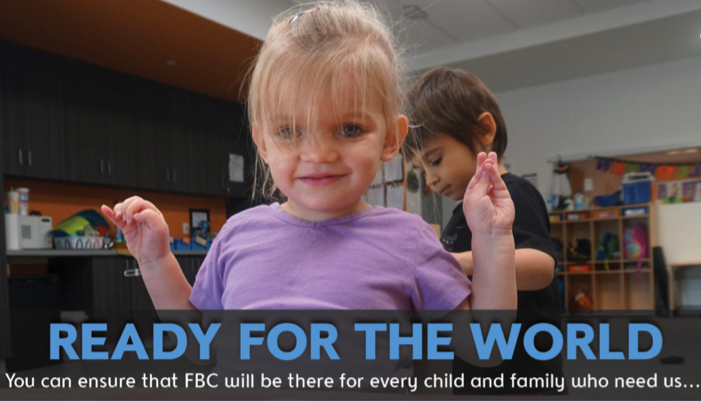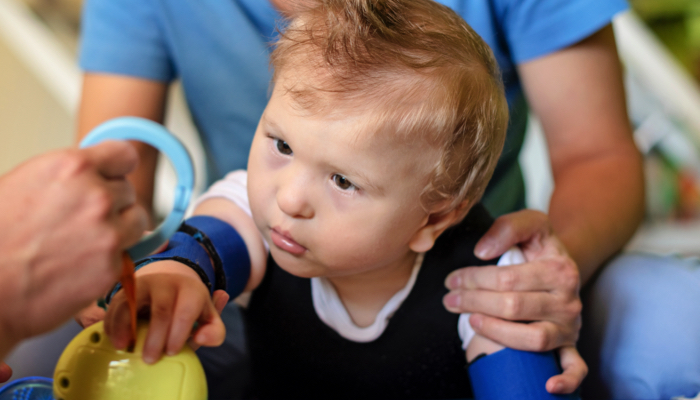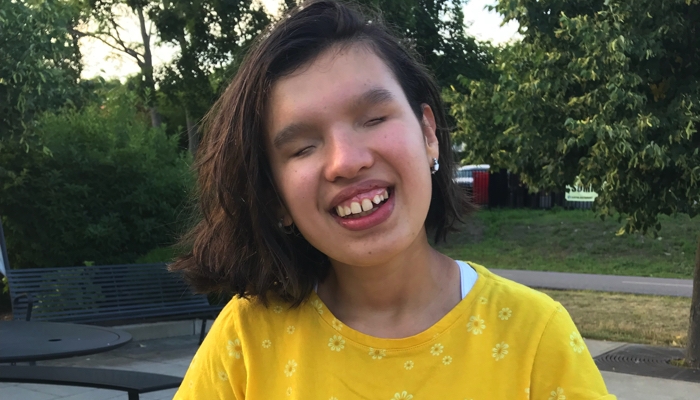Foundation for Blind Children

FBC services for infants, up to age three, are provided in the family home with the goal of educating and empowering parents to facilitate optimal learning and development of their young blind child. Their certified teachers of the visually impaired intentionally teach each child concepts that most children learn by imitating what they see others do.
FBC has preschool and elementary classrooms in three Arizona locations. Most students will transition to their neighborhood schools for kindergarten or first grade. For those students who would benefit from additional time at FBC, elementary education continues through grade four.
Teens benefit from FBC through an adaptive recreation program, filled with activities to help develop hobbies and talents, while building friendships and promoting independence. College readiness and teen-to-work programs equip college-bound students with the knowledge, confidence and leadership skills to successfully transition to college and earn a degree.
Adult Transition Services provides training for adults to gain or maintain employment and develop their independent living skills. Some clients have been blind since childhood and just need additional training to hone their skills, while others become blind as adults and need rehabilitation training to learn the skills necessary to continue to work or live independently.
FBC has a full-time optometrist on staff who specializes in low vision and provides low vision aides and devices beyond what a typical optometrist is able to provide. These aides and devices allow patients to continue to work, continue to drive and continue to live independently.
Related Posts

Eye Conditions and Syndromes, Support, Visual Impairment
Coping with a Diagnosis: Emotional Support for Families with Visually Impaired Children
Families with emotional support are more resilient. Learn how to establish emotional support with peers, professionals, and the community to help your family thrive.

Special Needs, Visual Impairment
Why Early Intervention Is Critical for Blind Children
Children diagnosed with visual processing disorders, low vision, or blindness need specialized treatment. Early intervention programs can help.

Eye Conditions and Syndromes, Visual Impairment
Anophthalmia: Navigating the Path from Diagnosis to Adaptation for Parents and Their Children
Anophthalmia is a rare disorder that results in childhood blindness. Early intervention services are important to help your baby maximize their potential.